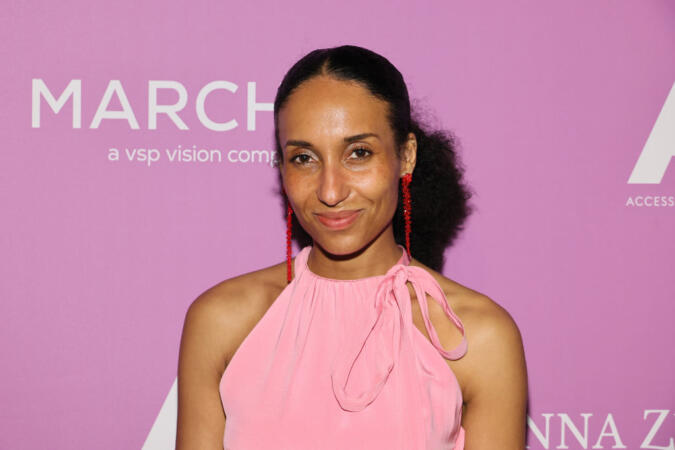In the wake of Edward Enninful stepping down as editor of British Vogue, Chioma Nnandi will become the first Black woman to lead the magazine as the head of editorial content.
Deadline reported Nnadi is a native Londoner who moved to New York and began her career at Vogue as a writer in 2010. In addition, throughout her 13-year stint, she managed the American site and co-hosted The Run-Through with Vogue podcast.
According to the outlet, Nnadi said, “I’m beyond excited and honored to have been appointed as British Vogue’s head of editorial content. As someone who was born and raised in London, the energy of the city — its boundary-pushing style and creative scene — has shaped the way I look at the world. Now, more than ever, it feels like a moment to look beyond borders while also celebrating the broad scope of what it means to be British. I’m looking forward to engaging a loyal and inspired digital community that is energized by our access, point of view and storytelling.”
In an interview with The Guardian, Nnadi said, “Is there pressure? Yeah, there’s definitely pressure – it’s Vogue.” She added, “It still means something to be in Vogue, it still has authority. [And there’s pressure] because of Edward. He broke new ground. It’s more than being part of a magazine – it’s part of the cultural conversation.”
Enninful announced his departure as editor of British Vogue in July following his promotion to the new executive role of Vogue’s global creative and cultural advisor, per Deadline.
“I am so thrilled that Chioma is joining British Vogue — she is a brilliant and unique talent with real vision, who will take the publication to ever greater heights,” Enninful said.
The news site mentioned he would also be an editorial advisor to British Vogue.
According to her conversation with The Guardian, Nnadi intends to emphasize “digital storytelling” and keep Vogue “interactive” with readers.
She also expects comparisons between her and her predecessor: “As a Black woman, but also as a biracial woman, how I view the world is also how I see it — through a lens that is influenced by my background, by where I live, and by having parents from different cultures and having to move between these cultures.
“Things have changed a lot. When I started out, there was one other Black person working in the building, and we both went to the same college. It wasn’t the same place it is now. Obviously matters of diversity and inclusion should always be on the agenda, but it feels like more of an open conversation now, and that feels to me like progress,” she said.

